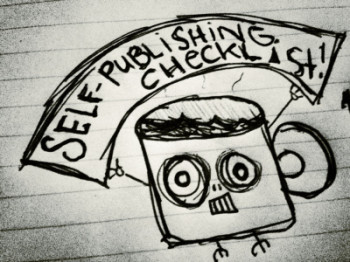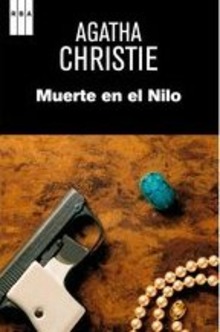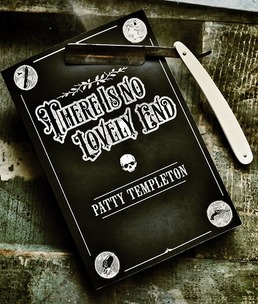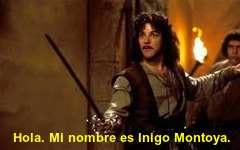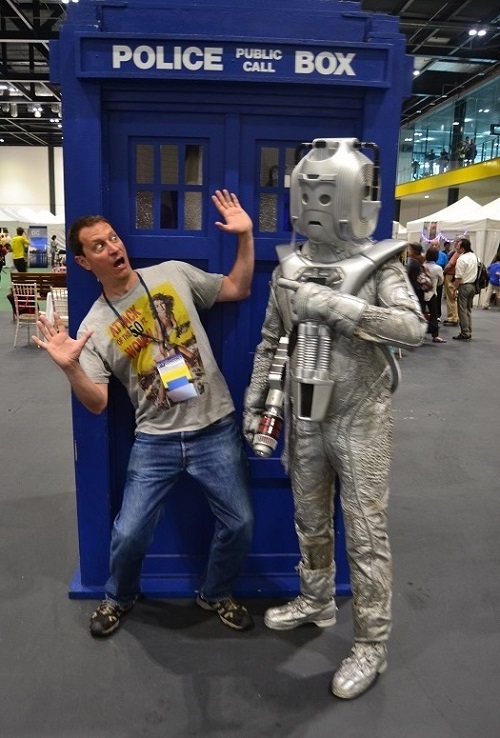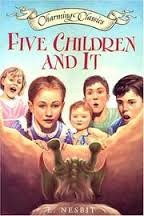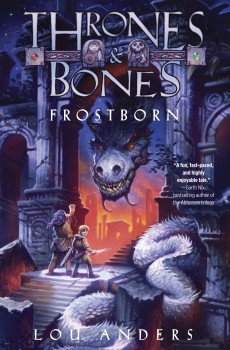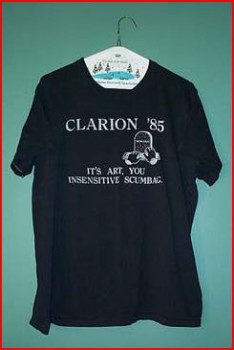Hearing the Voices of Dead Authors in the Present Tense
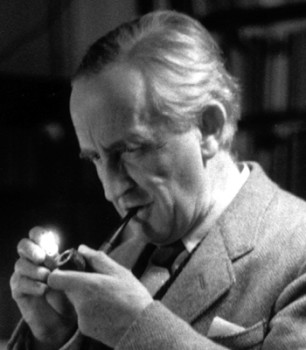 There are a number of citation styles for a variety of fields, but the two biggies are MLA (Modern Language Association) and APA (American Psychological Association). The latter is used in the natural sciences and research fields. The former is used in the humanities — literature, philosophy, visual and performing arts — so it’s the one I grew intimately familiar with while earning my bachelor’s and master’s degrees in English Literature and Language.
There are a number of citation styles for a variety of fields, but the two biggies are MLA (Modern Language Association) and APA (American Psychological Association). The latter is used in the natural sciences and research fields. The former is used in the humanities — literature, philosophy, visual and performing arts — so it’s the one I grew intimately familiar with while earning my bachelor’s and master’s degrees in English Literature and Language.
MLA is also the one I primarily taught my first-year composition students during my nine years as an English instructor (which, in retrospect, was a bit of a disservice to all the kids who were going on to pursue non-humanities degrees). In my defense, it is the style primarily used in high school, so it is the one that most students entering college have some degree of familiarity with — which is strange when you think about it: it’s as if our secondary-school system assumes most students will go on to pursue degrees in theater or English. The way I couched my presentation of MLA went something like this: “Whatever field you go into, you will have to write papers that follow a particular formatting and style guide. It may not be this one — it may be APA or Chicago — but using this one will get you accustomed to using one.”
In recent years, I’ve had to get more familiar with APA because I do a fair amount of copy-editing on the side for education, sociology, and psychology professors who write their chapters and academic papers in APA style. The differences between the styles are myriad — each one, after all, has its own labyrinthine manual of hundreds of rules in small type (with sometimes counter-intuitive indexing — as anyone who has spent wasted minutes vainly searching for the guideline pertaining to this one particular set of circumstances knows). Whatever the differences in details, though, their main purpose is to provide a consistent way for other scholars to easily locate the sources one has cited.
